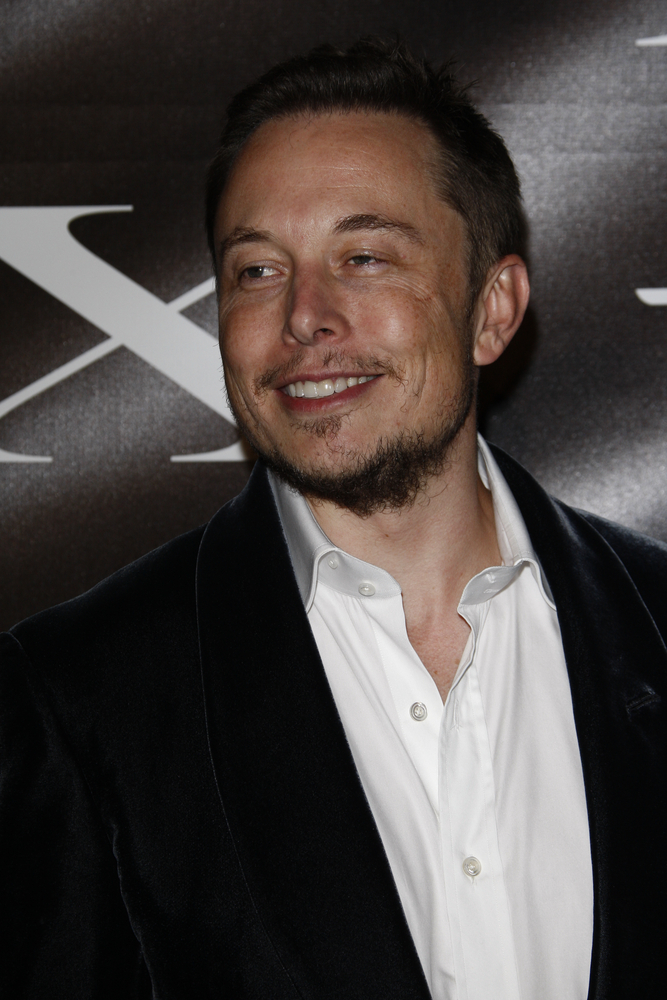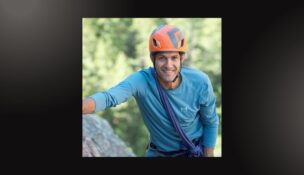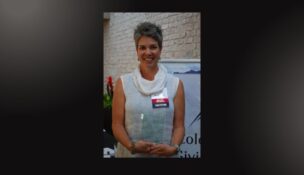Colorado groups pitch plans for Elon Musk’s hyperloop
Think Denver to Vail in eight minutes
Allen Best //July 9, 2017//


Colorado groups pitch plans for Elon Musk’s hyperloop
Think Denver to Vail in eight minutes
Allen Best //July 9, 2017//

Imagine pod-like vehicles zipping through reduced-pressure tubes faster than a commercial jet. Think Denver to Vail in eight minutes.
That’s the idea behind entrepreneur Elon Musk’s hyperloop, a concept that could transform the way people and products move around the planet. Since Musk proposed the hyperloop in 2012, Colorado has become a hotbed of hyperloop enthusiasts. When Musk-spawned company Hyperloop One sponsored an international competition that drew 2,600 entries, the list of 35 semifinalists included three from Colorado.
The idea is not new. Banks use similar devices to send checks from the bank drive-through to the teller inside. The hyperloop concept calls for the pods, similar to the body of a 727 jet, being put into a tube. The air pressure in the tube would be reduced, allowing the bullet to glide on a cushion of air driven by linear-induction motors and air compressors.
Denver’s John Whitcomb, who leads the Rocky Mountain Hyperloop Consortium, sees multiple benefits to the technology, including lowering the cost of shipping freight from places like Pueblo. He also sees the technology reducing the greenhouse gas emissions produced while shipping freight—and people. His group has outlined a route from Cheyenne along the Front Range to the port at Houston. These are among the 11 mega-regions of North America that need to be connected, he says.
The Colorado Department of Transportation, with its goal of being on the cutting edge of transportation, is also among the finalists as part of a team partnering with global infrastructure firm AECOM. That team envisions a Front Range route and another leg along I-70 to Vail. A third group, the Colorado Hyperloop Team, headed by Blake Anneberg, proposes a link between Denver and Colorado Springs.
According to Hyperloop One’s website, the list of competitors will be narrowed to 12 teams that will be asked to submit more details on their proposals. That list will be pared to three before the end of the year, and those teams will develop full-fledged feasibility studies for their projects.
How real is any of it? The concept has detractors. But Hyperloop One, the Los Angeles-based company started by a Musk partner, has a test track in Nevada that has been drawing broad interest. If this idea seems Star Trek-y today, Whitcomb would have you look at 3D printing, autonomous-driving vehicles, robotics, artificial intelligence and other elements of advancing technologies. “These things are all converging, causing the level of engineering advancement to more rapidly transform the world than did the industrial revolution in the last century,” he says. “Everything is connected.”






















